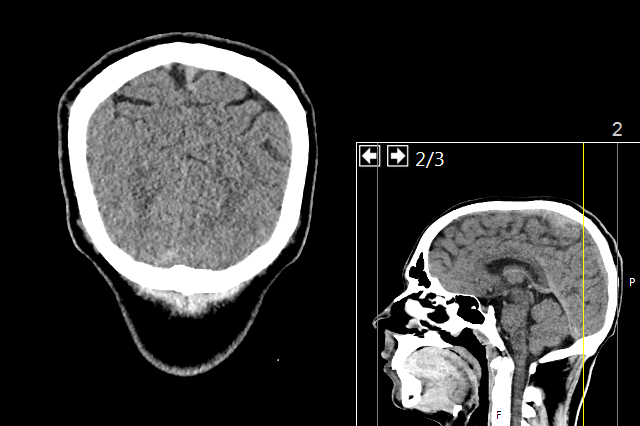- Aug 20, 2019
- 10,990
- 12,084
- Country
- United States
- Faith
- Christian
- Marital Status
- Single
- Politics
- US-Others
I'm an "explanatory dualist" like this guy. Nicholas Maxwell.
The Mind–Body Problem and Explanatory Dualism | Philosophy | Cambridge Core
My argument is that any physical explanation is not adequate to account for "consciousness chatter" (c-chatter, or talk about inner life, qualia, mental events and pain etc.)
The zombie scenario proposes we cant be distinguished from p-zombies, creatures like us in every physical way but without a mind.
But there is a dilemma. How do they come to describe inner life (i.e. have c-chatter)? For a zombie it would be miraculous or inexplicable to say "I'm on pain" or " I have conscious experiences". Because they don't actually have them, I cant imagine a zombie realistically writing a quality text on conscious experiences.
OTOH, a purely physical approach - by that same standard - can't account for humans c-chatter. If we were purely physical in terms of describability, then we may as well be zombies, but that's been shown to lead to an absurdity in the last paragraph.
Therefore we have to posit an inner life to make sense of our c-chatter, but at the expense of physicalism. This ideas origin dates back to my hearing of W Dilthey's distinction between the natural and social sciences. Wilhelm Dilthey - Wikipedia
I'm not saying were not actually physical - there may be more to the physical than can be observed or described physically in textbooks etc. We just cant say that physical science is adequate at present. We may, it seems, be physical but beyond physicalisms reach...!
Yet, I still personally believe in some kind of dualism i.e. explanatory dualism.
As for "mental substance" (is it physical, natural, supernartural, spiritual etc...?) I'm a philosophical agnostic.
Explanatory dualism is a new term for me. Is it like property dualism which says there is one kind of substance- the physical kind- but two kinds of properties- physical and mental?
Upvote
0


